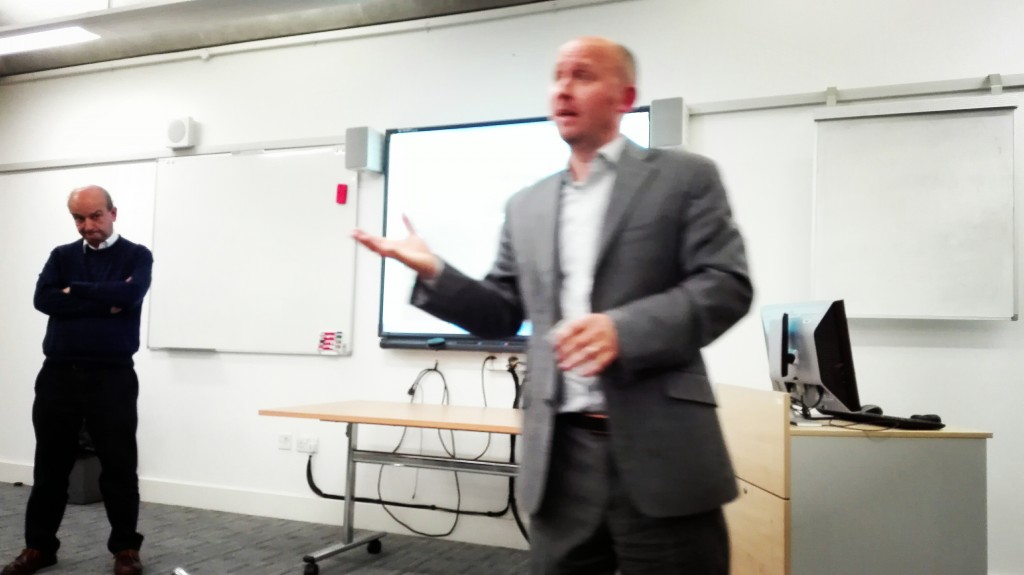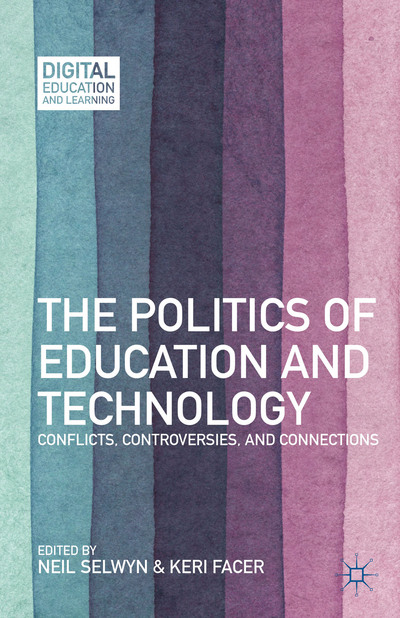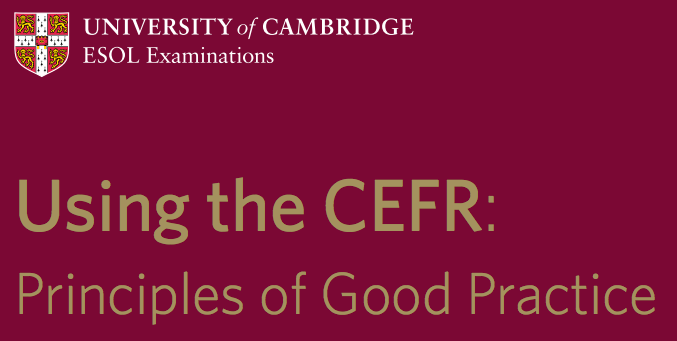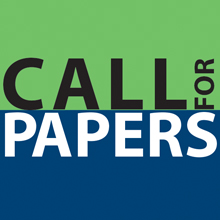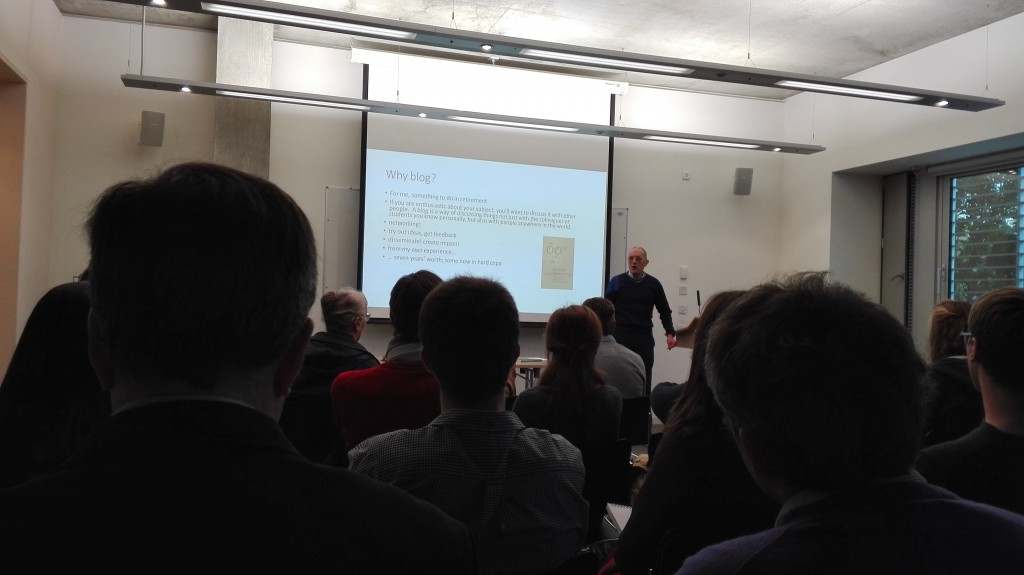
John Wells, UCL
Thursday 15 October 2015
GR06-7, English Faculty, 9 West Road (Sidgwick Site).
This talk is part of the Cambridge University Linguistic Society series.
This was the first time I had the chance to listen to Prof. Wells in person. Really fascinating talk from one of the pioneering figures in modern linguistics after WWII. He spoke about different pronunciations of common and not so common words, the influence of classic Greek on pronunciation, English varieties and about himself. He wrote a blog between 2006 and 2013. This is part of the last entry there (then):
…In fact over recent months I have increasingly been feeling that in this blog I have by now already said everything of interest that I want to say. And if I have nothing new to say, then the best plan is to stop talking.
So I am now discontinuing my blog.
Thank you, all those readers who have stayed with me over the seven years that I have been writing it. If you still need a regular fix, there are archives stretching back to 2006 for you to rummage through.
Goodbye, au revoir, tschüss, hwyl, cześć, tot ziens, до свидания, さようなら, ĝis!
ˌðæts \ɪt
Luckily, Prof. Wells is feeling better and is back with a new book: Sounds interesting, CUP:
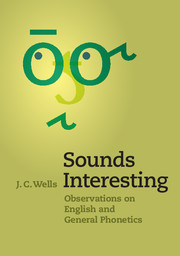
It was an honour to meet somebody like Prof. Wells in person. It may sound overused and cliché but there’s no scholars like him these days. On a personal note, I was touched by his many references to his childhood memories.
John Wells is Emeritus Professor of Phonetics at UCL and author of Accents of English and the Longman Pronunciation Dictionary.


